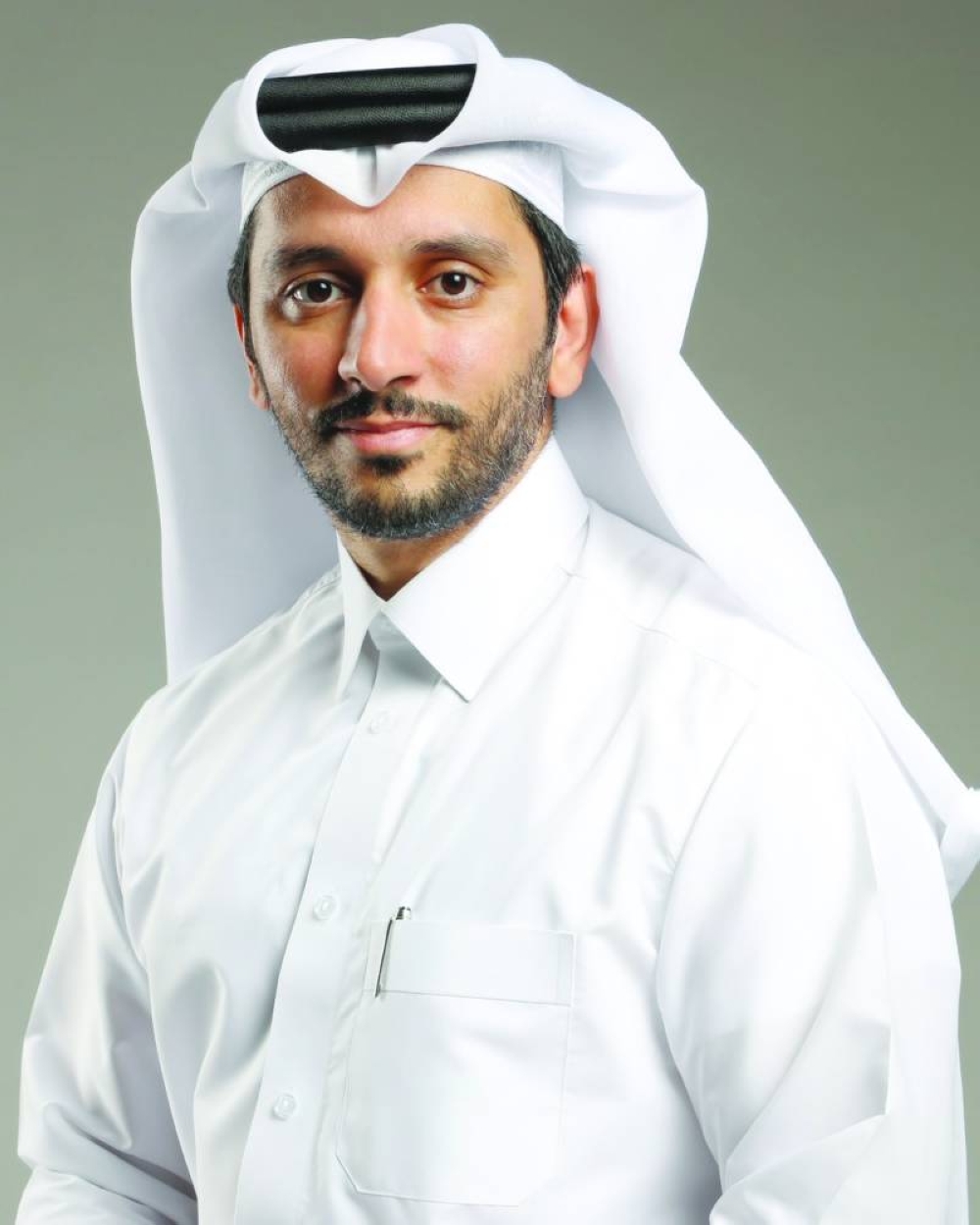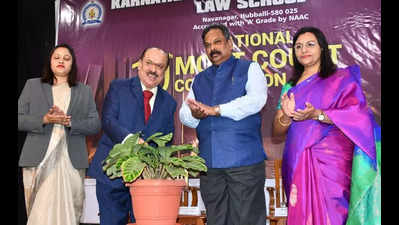best time to play jili slot
S.Africa's Breyten Breytenbach, writer and anti-apartheid activistNo. 1 South Carolina experiences rare sting of loss
US drone firm appoints Trump Jr as adviser and sees stock price soar - The Guardian USA heated exchange has erupted between Opposition MP Ketan Lal and Minister for Sugar Charan Jeath Singh, with both sides launching scathing criticisms over each other’s participation at COP29 in Baku, Azerbaijan. Both were members of the Fijian delegation at the summit which concluded yesterday. The war of words first erupted when Mr Singh posted on his Facebook account stating that most of the attendees were just wasting time and were burden to their respective countries. Mr Singh had said: “In future we need to send a very lean team of professionals, experts and negotia-tors, who are objective and can deliver their hard and clear message to COP30 come next year.” Mr Lal accused Mr Singh of hypocrisy and incompetence, claiming that his late addition to the delegation, extravagant travel expenses, and limited participation in the event were a blatant misuse of taxpayer funds. “Minister Charan’s criticism of our negotiators is disappointing,” Mr Lal said. “Despite joining the delegation at the last minute, his presence added little value to Fiji’s efforts. He trav-elled business class with stopovers in Sydney and Dubai, at taxpayers’ expense, and attend two side events.” Mr Lal further criticised Mr Singh’s speeches at the event, alleging that they were written by the same dedicated staff who had been working around the clock to negotiate on Fiji’s behalf. “While others were actively engaged, Minister Charan was nowhere to be found—essentially lost at the conference,” Mr Lal claimed. However, the minister fired back with a sharp rebuttal, challenging Mr Lal’s credibility and accusing him of being unfit to negotiate for Fiji on the international stage. Mr Singh challenged Mr Lal to “refund all your air tickets and per diem claims to the State if you walk your talk.” He also criticised Mr Lal’s parliamentary career, saying: “I didn’t need 600 votes to get into Parliament like you. I came here on my own strength, with the approval of the Prime Minister, to advocate for the sugar industry, which has received zero funding the past decade.” Mr Singh did not hold back, mocking Mr Lal’s political allegiance and labelled him a “lapdog” of another political party. “You didn’t speak at any events at COP29, and you are the same person who disrespected the Prime Minister in Parliament. You’ll be history in the next General Election.” Feedback: inoke.rabonu@fijisun.com.fjColorado adds record insurance coverage for Sanders and Hunter before Alamo Bowl
Ex-detective warns parents of red flags with popular video game Roblox’s new rule
A man accused of transporting Melbourne teen Isla Bell' s body in a fridge is attempting to be freed on bail as her mother spoke of "paralysing grief" over the 19-year-old's alleged murder. Eyal Yaffe, 57, appeared at the Melbourne Magistrates Court on Friday, where details of his alleged involvement in Bell's alleged killing were aired after he was charged assisting her accused murderer Marat Ganiev. The teen was last seen leaving her Brunswick home on October 4, but had been communicating with a friend on social media for another three days, court documents alleged. READ MORE: Family of murdered teen Isla Bell march with thousands against domestic violence Eyal Yaffe, 57, has been charged with assisting an offender. (Nine) CCTV cameras allegedly observed Bell entering Ganiev's St Kilda East apartment on October 5 before capturing a fight occurring through a gap in the apartment's front kitchen window two days later, Detective Senior Constable Benjamin Curran said on Friday. Police alleged Bell was alive until 2am on October 7. Over the next few days, Ganiev was allegedly seen cleaning his apartment before it's claimed Yaffe arrived in a RAV4 on October 9 towing a black fridge on the back of a trailer. Yaffe had allegedly booked overnight accommodation in... William TonAnother complaint filed with ICT against Hasina
Muslim suspect who shot Jewish man in Chicago planned attack on synagogue
Across many laboratories speed, accuracy, and data integrity, advanced technologies are transforming workflows and supporting critical medical decisions. Laboratories face mounting pressure to manage growing data volumes, optimise workflow efficiency, and uphold stringent standards of integrity and accuracy. This is where artificial intelligence (AI) can assist, helping research professionals reshape healthcare and science for the better. This is the view of Dr. Dror Kolodkin-Gal, founder of image integrity software Proofig AI . Kolodkin-Gal tells Digital Journal how AI is transforming laboratory operations across Europe. Healthcare remains a top priority in Europe, as highlighted by the EU4Health Programme, which aims to bolster health systems and enhance crisis preparedness across the continent. According to the European Federation of Clinical Chemistry and Laboratory Medicine, nearly three quarters of current global medical decisions are dependent on laboratory test results. Automating routine laboratory tasks According to Kolodkin-Gal: “Traditional laboratory workflows often rely on a trial-and-error approach, where researchers repeat processes and experiments multiple times to achieve consistent results. This method, while effective, is highly time-consuming and labour-intensive, limiting the pace of scientific discovery. AI-driven automation offers a powerful solution, allowing laboratories to perform intricate tasks continuously and precisely, unhindered by human fatigue.” Examples of how this can be achieved, include: “Robotic systems enhanced with AI execute experiments with a level of consistency that manual methods simply cannot match, minimising human error and variability. Working around the clock, these systems accelerate research timelines and facilitate safer handling of hazardous materials, effectively reducing safety risks. Moreover, AI algorithms optimise workflows by identifying bottlenecks and suggesting adjustments, resulting in faster and more efficient experimentation processes.” Revolutionising data analysis in research When considering research, Kolodkin-Gal observes: “The power of AI extends beyond automation – it is pivotal in managing and analysing the vast datasets generated by modern experiments. AI algorithms can detect patterns, revealing correlations or anomalies that may otherwise go unnoticed, and can suggest promising research directions. In diagnosis studies, AI can analyse medical images and patient data to improve the identification of diseases, significantly reducing the time required to reach accurate findings.” Drawing on an example, Kolodkin-Gal cites: “A recent study in the UK found that AI systems used for breast cancer diagnosis led to a reduction in false positives and false negatives by 5.7 per cent and 9.4 per cent , respectively . In South Korea, researchers discovered that AI demonstrated a greater sensitivity in detecting breast cancer masses, achieving a rate of 90 per cent compared to 78 per cent for radiologists . Furthermore, AI outperformed radiologists in identifying early-stage breast cancer, with a detection rate of 91 per cent versus 74 per cent for traditional methods.” Advanced image analysis Image analysis has made considerable advances in helping with patient diagnosis. Kolodkin-Gal identifies: “This technology allows for the identification of subtle patterns and anomalies in images that may be imperceptible to the human eye, significantly enhancing research outcomes in fields such as biomedical sciences. Errors or misrepresentations in image investigations can compromise entire studies, leading to manuscripts retractions and undermining public trust in science.” As an example, Kolodkin-Gal states: “To tackle these challenges, AI-driven image proofing tools are being integrated into research and publication workflows. These tools automatically scan images to detect duplications, manipulations, and alterations.” Advantages Summing up the contribution of AI, Kolodkin-Gal finds: “ By automating routine tasks, enhancing data analysis and safeguarding image integrity, AI supports the overarching goal of strengthening Europe’s healthcare systems. Embracing AI innovations helps laboratories across Europe position themselves at the forefront of healthcare and research, driving advancements that will support better patient outcomes and safeguard public health for years to come.” Dr. Tim Sandle is Digital Journal's Editor-at-Large for science news.Tim specializes in science, technology, environmental, business, and health journalism. He is additionally a practising microbiologist; and an author. He is also interested in history, politics and current affairs.Game-Changing Stocks? Tesla’s Price and the Future of Gaming.
Youngkin to draft sanctuary city ban, making state funding contingent on ICE cooperation10 notable books of 2024, from Sarah J. Maas to Melania TrumpEsco Technologies director Valdez sells $349,049 in stock
- Previous: 54 jili slot
- Next: casino jili slot online games




